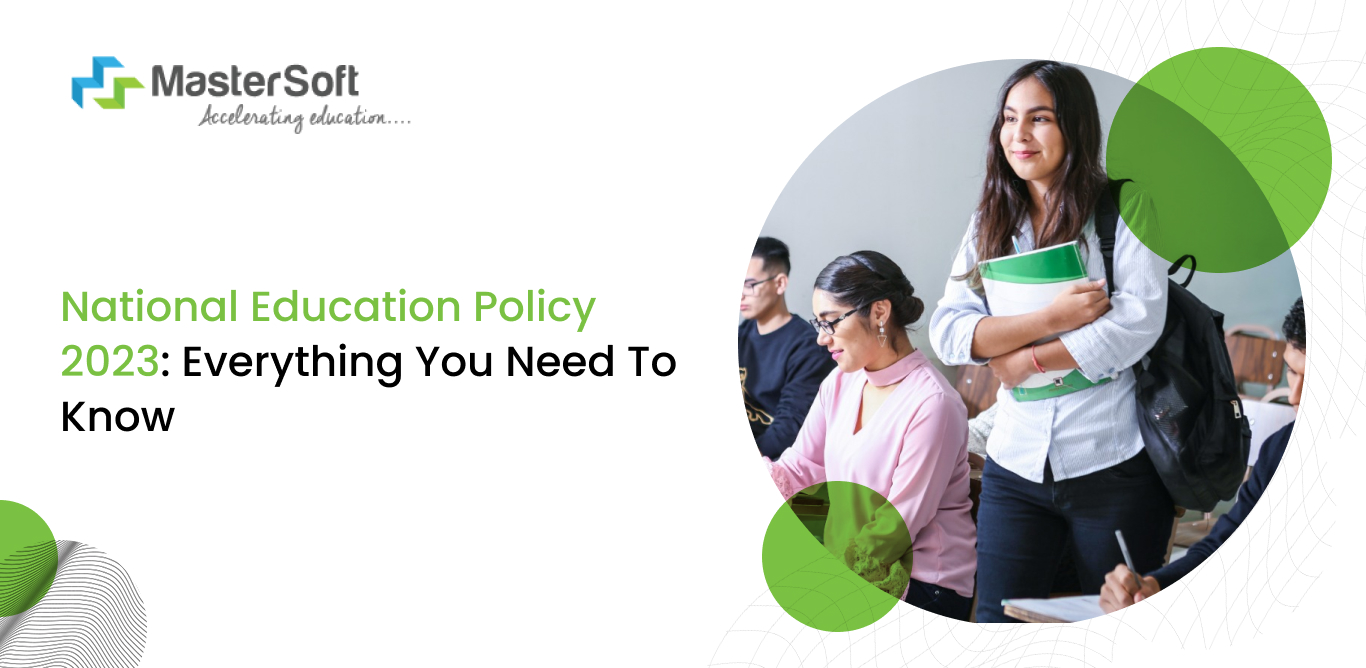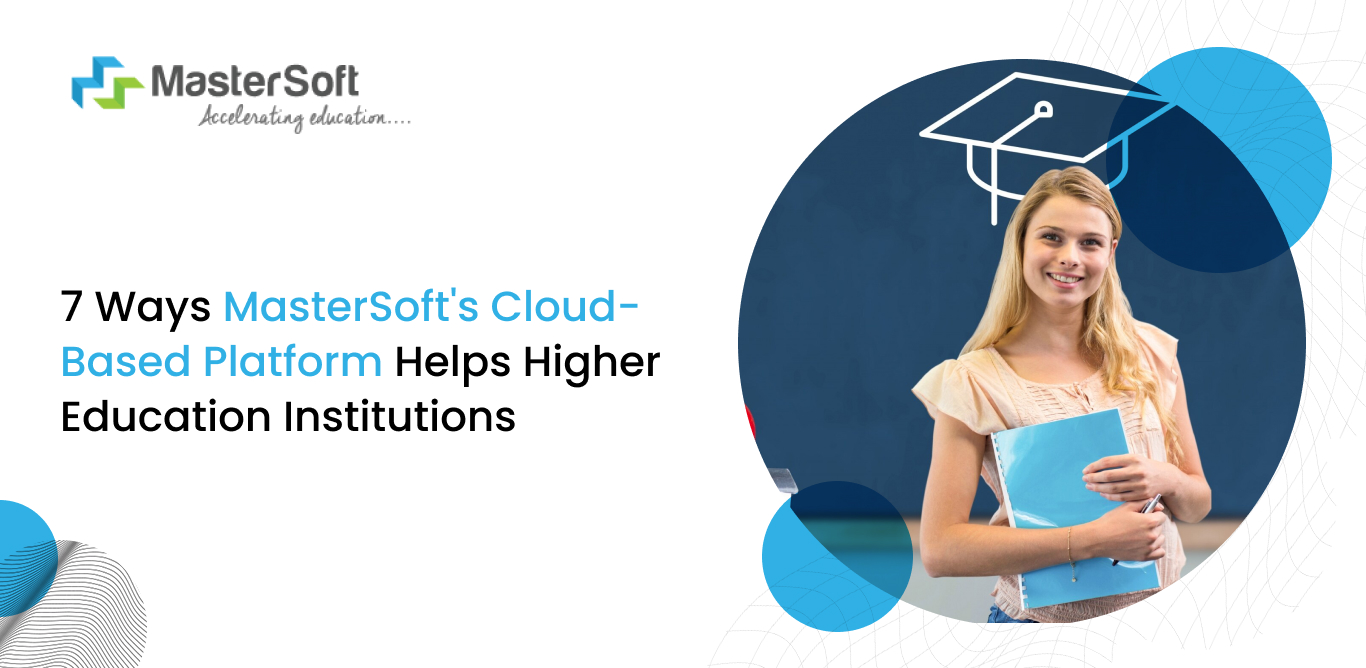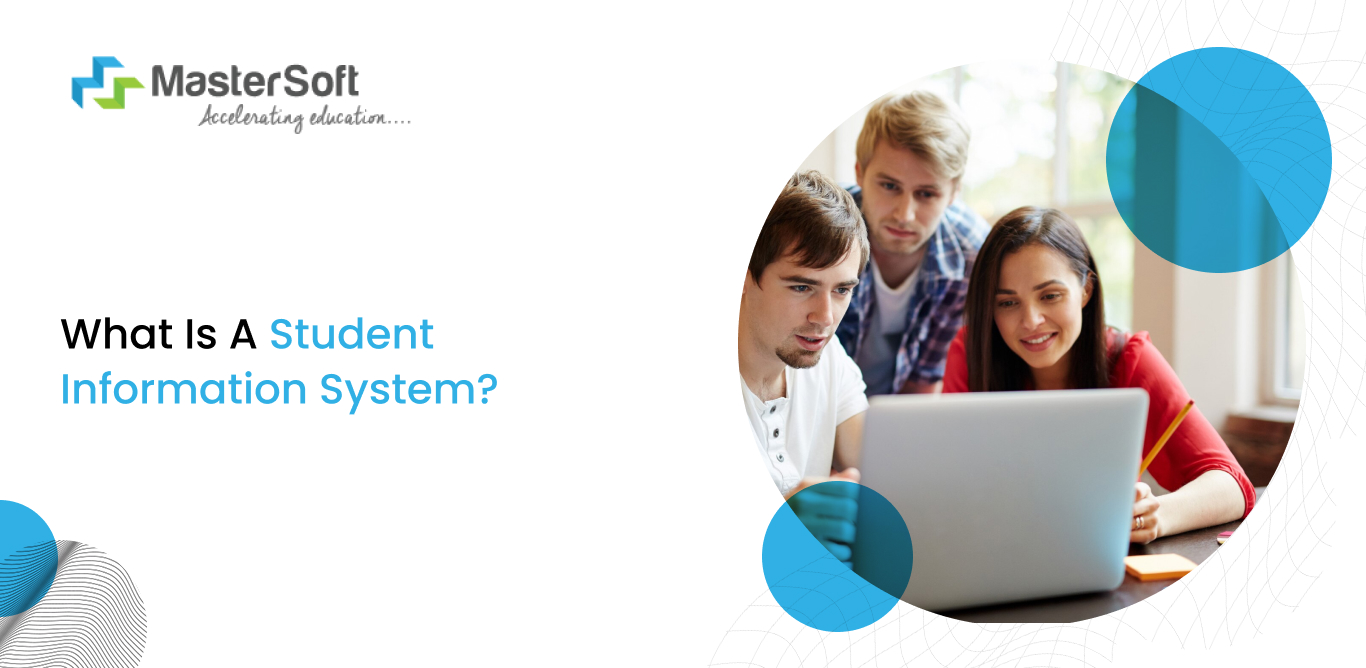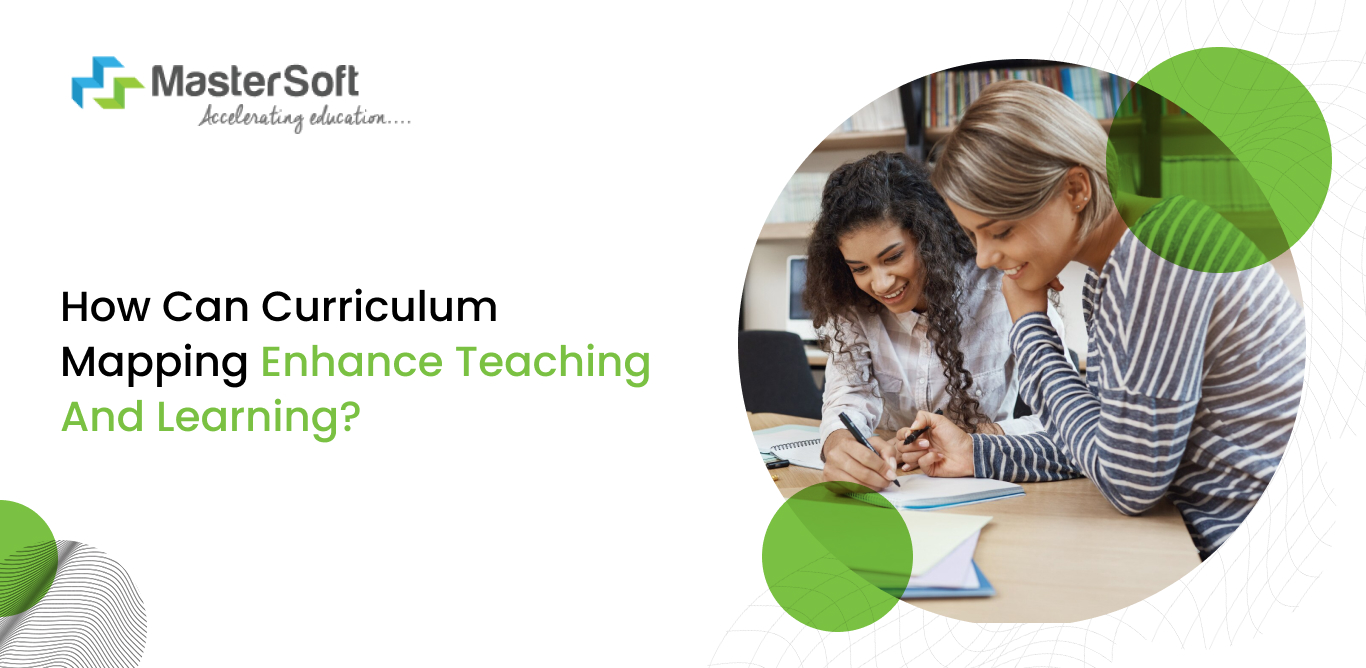27, May 2024
The need to disrupt the education system in India, operating through a long-followed structure, led to the announcement of NEP 2020. It has been three to four years since the launch of the policy, which has led to ground-breaking changes.
In fact, the National Education Policy 2023 is instrumental in establishing a comprehensive education system. Furthermore, institutes have been implementing the policy in a phase-wise manner towards more student-centric and skill-based learning.
Measuring Success: Evaluating The Impact Of The NEP
NEP 2020 Implementation as of Now
- States like Assam, Rajasthan, Andhra Pradesh, and Maharashtra have been taking steps to adopt the New NEP.
- Goa began the implementation last year in the foundational stage of school education.
But how does the policy make a difference in the educational system? What are the major responsibilities of educational institutes? Let’s find the answers:
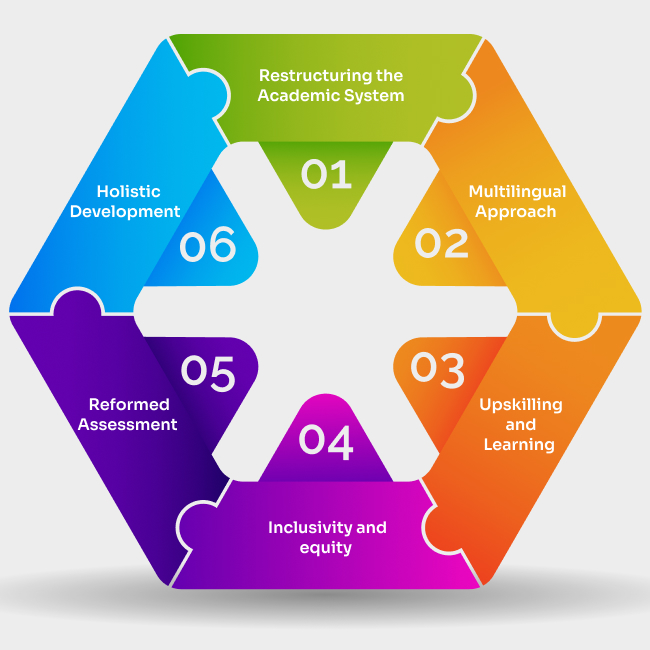
1. Restructuring the Academic System
Many schools across the country have been taking steps since last year to establish the 5+3+3+4 system. As per the new structure, there will be four broad academic stages wherein students will receive a high-quality education. The stages are as follows:
- Foundational Stage (Five Years): In the first three years, children will undergo effective pre-primary education through Early Childhood Care and Education (ECCE). Playful and interactive learning activities will be core elements of their curriculum. In the following two years, students will learn foundational literacy and numeracy skills.
- Preparatory Stage (Three Years): This stage includes 3rd, 4th, and 5th grades, wherein students will learn various subjects through innovative pedagogical approaches. A gradual shift from rote memorization to in-depth and experiential learning.
- Middle Stage (Three Years) Focus on further details and mastery of concepts in various core subjects is central to the middle stage. It includes the 6th, 7th, and 8th grades, and students will learn through project-based learning. Also, they will engage in critical and analytical thinking activities.
- Secondary Stage (Four Years): The final four years of senior secondary education will integrate vocational education. Students will have the flexibility to choose their subjects and streams, and there will be no hard separation between them.
2. Multilingual Approach
Hindi and English are the official languages of India, but what if a person belonging to a different state does not understand either? India’s cultural diversity is reflected in its different states, customs, and traditions.
One of the most striking characteristics of this diversity lies in the linguistic differences. As a result, there are many regional languages that do not receive enough significance. Hence, the policy has included ‘’Multilingualism and the Power of Language’’ in one of its sections.
The goal of the initiative is to highlight language diversity in the school education system, enabling students to learn in their mother tongue. In fact, the medium of Instruction until Grade 5 will be the home language, preferably until Grade 8 and beyond.
In addition, children will get an introduction to different languages while emphasising their mother tongue from the foundational stage. Central and state governments will recruit language teachers for all regional languages.
States will also implement the three-language policy within the context of constitutional provisions and the aspirations of people and regions. Furthermore, there will be no language imposition, and the respective states will have the liberty to choose the languages.
3. Upskilling and Learning
What good is education if it does not produce well-adjusted individuals with varied competencies? That is why National Education Policy 2023 aims to prepare children and youth with relevant skills and knowledge.
Besides, Industrial Revolution 4.0 and Education 4.0 go hand in hand, especially because both of them are interrelated. Therefore, it calls for establishing a purposeful education system that equips students to face the demands that technological advancement raises. Some significant steps towards this goal include:
- Reforming curricula through enhanced content of vocational knowledge and skills, better course alignment with skill standards, and interdisciplinary content connections.
- Introduction of the Vocational Interest Inventory in Grade VIII and the Skill-Based Aptitude Test (SBAT) in Grade X for guidance to the students in making informed career choices.
- Collaborating with industrial training institutes, polytechnics, local businesses, industries, hospitals, agriculture farms, local artisans, and NGOs through the Hub and Spoke Model for imparting skills training.
- Introduction of vocational courses on new and emerging technologies, including artificial intelligence (AI), data science, robotics, and the Internet of Things (IOTs).
Three Language Formulas In A Digital Age: Challenges And Innovations
4. Inclusivity and equity
An undeniable truth is that the Indian education system has been fragmented and disorganised, with little to no focus on rural areas. Although several education aid programmes have been launched by the government, they have suffered inadequate implementation.
Nevertheless, people belonging to rural and underrepresented areas have not been deterred and continue to send their children to school. No wonder, students from the Scheduled Caste, Scheduled Tribe, and Other Backward Castes (OBCs) have increased in the last few years.
It is imperative to empower them through appropriate student support services and viable educational programmes. For instance, providing equitable educational opportunities to all students belonging to socio-economically disadvantaged groups is a crucial step.
Schools and higher educational institutes have been making pedagogical changes to make them more inclusive. Leveraging online education through digital platforms and universities, such as DIKHSA and SWAYAM, is equally beneficial.
Additionally, Samagra Shiksha Abhiyan and Kasturba Gandhi Balika Vidyalayas (KGBVs) are notable initiatives to promote girls' education. Also, the policy has mentioned ‘’Education for Transgender’’, indicating the right of transgender children to get a quality school education.
5. Reformed Assessment
Schools will abandon an exam-centric system that forces students to study for the sake of passing the exams. Instead, they will implement an examination system that assesses students’s ongoing progress and understanding levels.
For example, regular, formative, and competency-based exams will be central to the examination system. At the same time, schools will eliminate the high-stakes nature of the board exams and allow students to take them on up to two occasions during a school year. Some key changes in the assessment system are as follows:
- Some particular subject-question papers will include two parts: one of an objective type with MCQs and the other of a descriptive type.
- The NCERT will prepare guidelines on the NEP-2020 recommendations on assessment to align with the NEP-2023. Furthermore, the government agency will consult with SCERTs, BoAs, NAC/PARAKH, etc.
- The assessment system will focus on examining core concepts, higher-order thinking, and foundational skills.
- Institutes can use advanced software like higher education ERP to track students' progress continuously and provide real-time feedback.
6. Holistic Development
Apart from ensuring academic excellence, the education system must strive to foster the holistic development of all students. Therefore, institutes will prioritise strengthening students’s foundational capacities in literacy and numeracy.
Simultaneously, they will put equal impetus on the comprehensive development of students by promoting their social, emotional, physical, mental, and intellectual growth. Furthermore, teachers will adopt pedagogical approaches with the following features:
- A positive and supportive environment wherein students will acquire helpful and accurate ways to obtain knowledge.
- Inquiry-based and problem-based learning approaches encourage students to ask questions, explore, and find solutions.
- Shift from text-book-oriented and content-based learning to experiential learning.
- Classroom activities that promote abstract thinking, logical thinking, creative thinking, critical thinking, analytical thinking, self-paced learning, etc.
In Conclusion,
The National Education Policy 2020 aims to transform the Indian education system by overhauling the entire academic structure. NEP 2023 is a further step towards fulfilling the vision of the policy by adopting appropriate practices and methods.
Integration of vocational education and experiential learning and a unique teaching-learning process ensure comprehensive development.
Still wondering about how to develop better student learning outcomes? Learn the best uses of Bloom’s Taxonomy.
Mobile: 08448010216
Email: janki.somani@iitms.co.in

